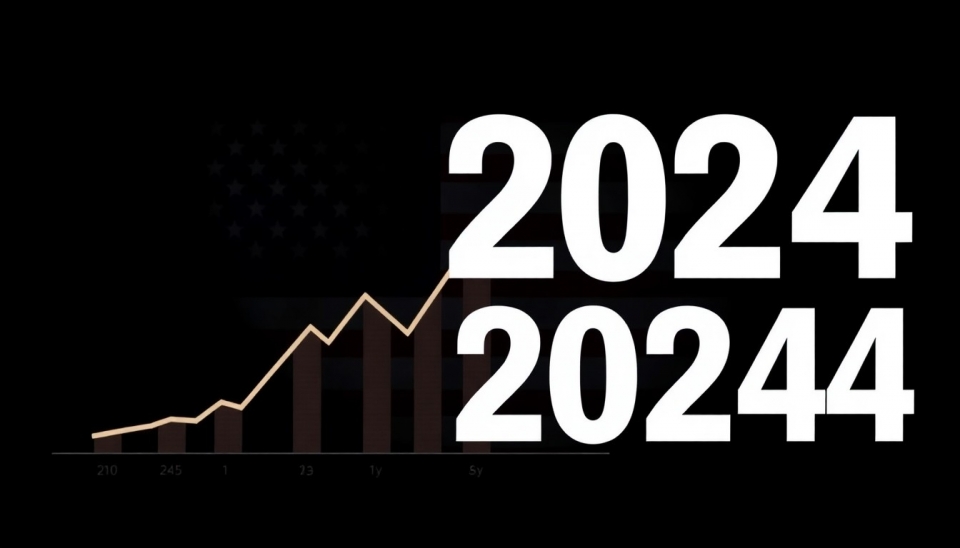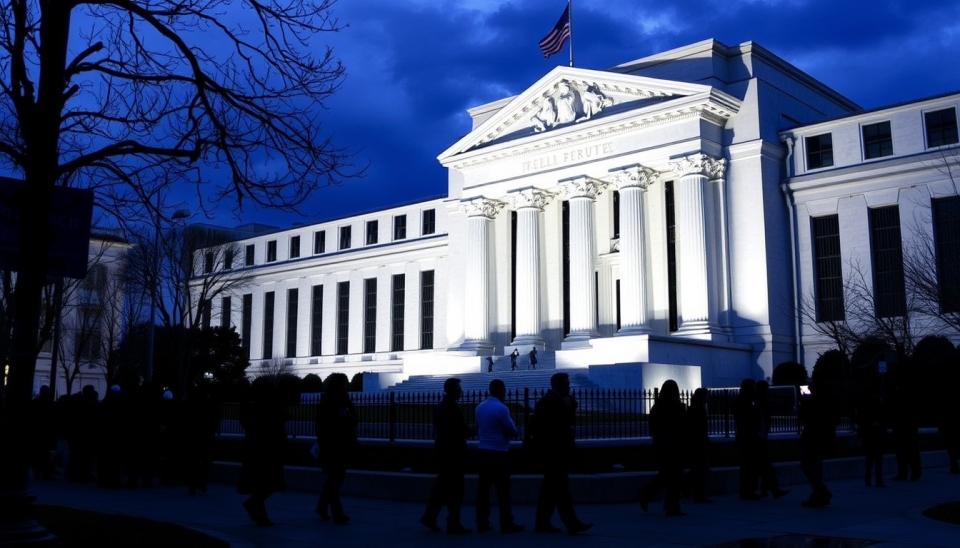
Cyberattacks on Nursing Homes: How to Protect Your Loved Ones
Recently, cyberattacks have become a significant threat to various organizations, and nursing homes are no exception. As the digitalization of elderly care facilities increases, attackers are targeting their security systems to steal personal information, health data, and even divert funds. Security experts warn that such attacks can lead to life-threatening consequences, especially for vulnerable seniors.
Continue reading
The Rise of 84-Month Car Loans Among Buyers
In recent months, there has been a noticeable increase in the number of American car buyers opting for 84-month loans for new vehicles. According to research conducted by the analytics firm Edmunds, the share of such deals rose by almost 40% compared to last year. This trend has emerged as a result of rising prices for new cars and increasing interest rates, which have led buyers to stretch their financing terms.
Continue reading
Strong Growth of the US Economy in Q4 2024
Recent data released by the US Department of Commerce has shown that the country's economy continues to maintain its resilience and dynamism. In the fourth quarter of 2024, the Gross Domestic Product (GDP) increased by an impressive 4.5% compared to previous quarters. This growth was made possible by significantly rising consumer spending, which acts as the engine of the US economy. Experts note that such positive dynamics play a key role in sustaining economic confidence.
Continue reading
Data Dangers: How Brokers Are Threatening Your Retirement Security
Recent studies have shown that the activities of so-called "data brokers" can seriously negatively affect the financial stability of Americans when they retire. These companies collect, analyze, and sell personal consumer data without their knowledge or consent, jeopardizing the integrity of various financial operations, including retirement savings.
Continue reading
Free Email Services: Hidden Costs You Need to Know
Almost everyone uses email, but few consider the costs associated with using free email services. At first glance, these platforms appear to be the perfect choice as they do not require any financial investment from users. However, experts warn that such services can often end up costing us a lot more than expected.
Continue reading
US Warns Nippon Steel of Risks to American Industry from U.S. Steel Acquisition
The United States government has expressed serious concerns regarding the potential acquisition of U.S. Steel by Japanese giant Nippon Steel. According to high-ranking officials, such a deal could negatively impact the American steel sector and threaten national interests. Specifically, U.S. authorities emphasize that foreign investments in key industries must be carefully examined to prevent disruptions in supply chains and job losses.
Continue reading
Bank of England Warns of Settlement Risks in Currency Markets
The Bank of England (BoE) has issued a warning that significant settlement risks exist within the unstable currency markets, which could adversely affect financial stability. An analysis conducted by the central bank indicates that currency exchange rate volatility has increased, prompting companies and financial institutions to reassess their risk management strategies and approaches.
Continue reading
The Federal Reserve and Its Impact on the Global Market: The Challenges of a Soft Landing
Recently published data shows that the United States Federal Reserve (Fed) is at a crossroads, considering changes to interest rates in the context of the current economic situation. Fed Chairman Jerome Powell refers to his strategy as a "soft landing," suggesting that the central bank can slow down economic growth and control inflation without serious consequences for the labor market.
Continue reading
Wall Street Investors Continue to Bet on the Fed Despite Risks
Amid ongoing economic uncertainty and volatility in financial markets, traders on Wall Street are once again increasing their bets on the actions of the U.S. Federal Reserve. Despite warnings from experts about the potential risks associated with this strategy, investors continue to demonstrate their dependence on the central bank's policies. This situation is raising concerns among both experts and average investors.
Continue reading
Economic Risks of Climate Change Rising Fastest for Wealthiest Nations
A recent report reveals that the looming climate crisis is impacting the economies of wealthier nations at a quicker pace than that of less developed countries. The study highlights that despite having more resources and advanced technologies, developed nations are experiencing significant economic and environmental stress due to the consequences of global warming.
Continue reading